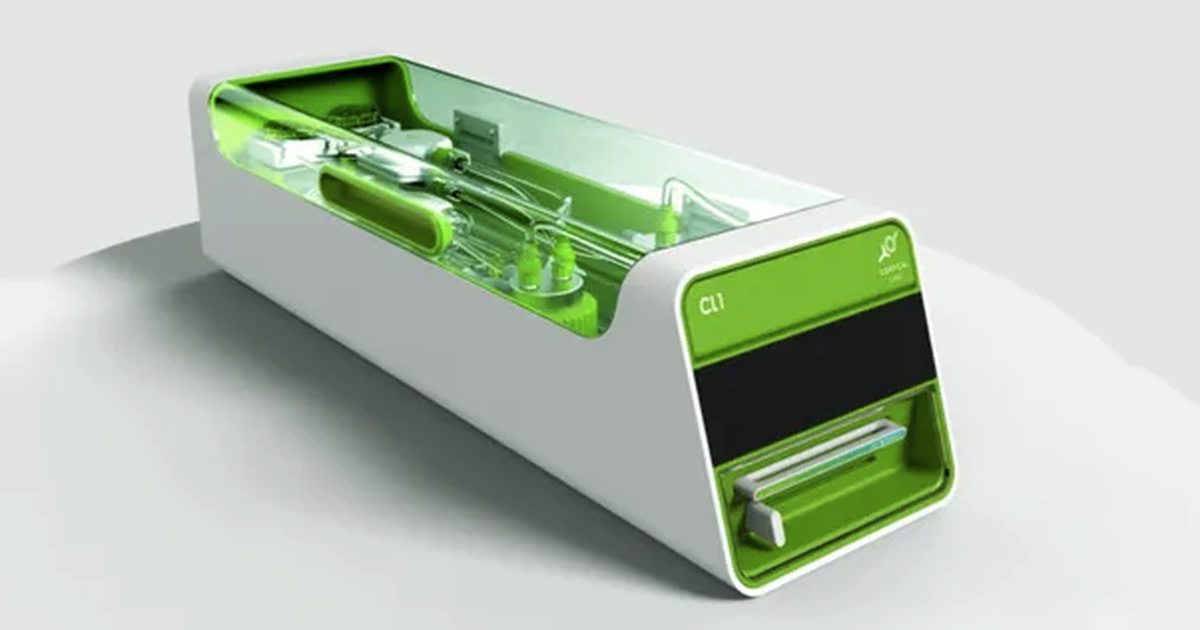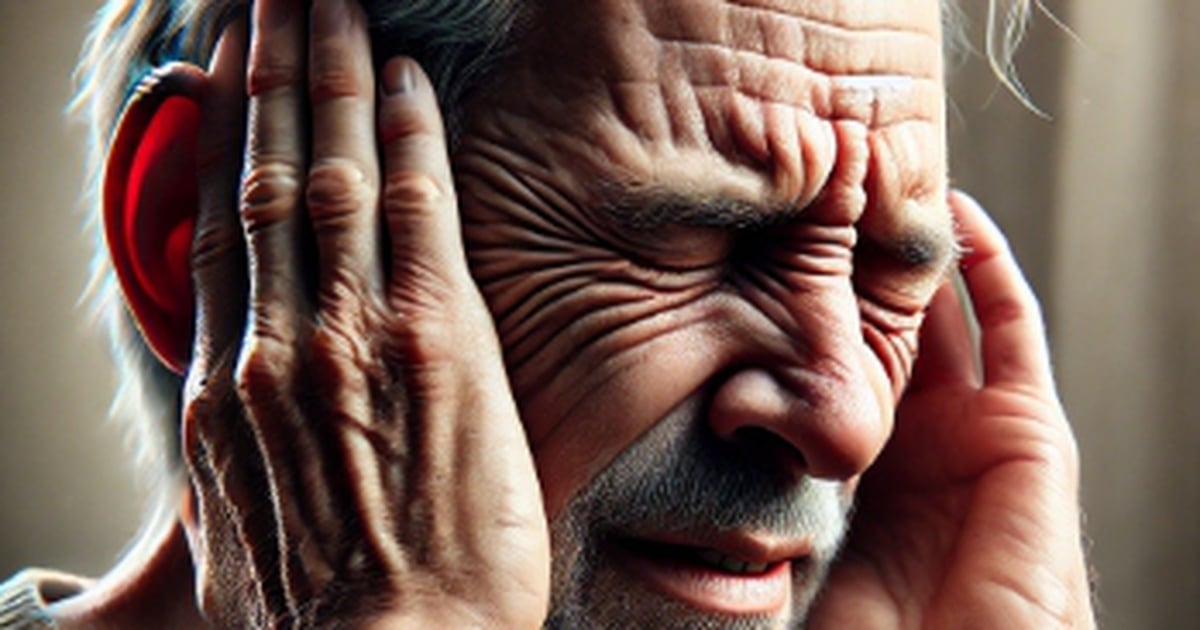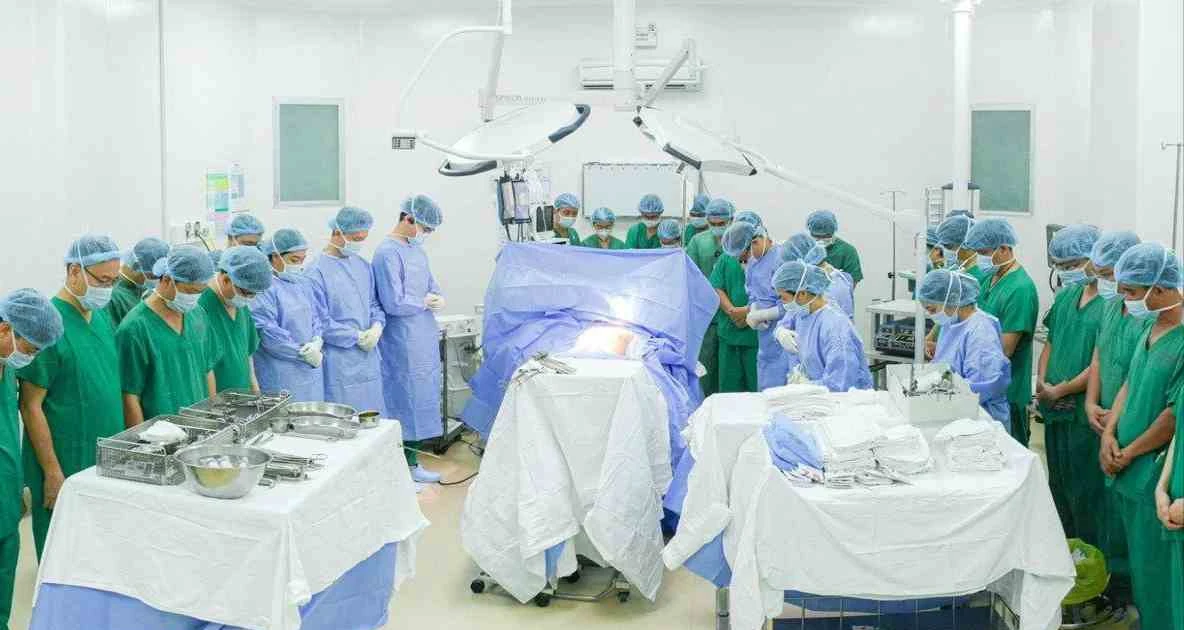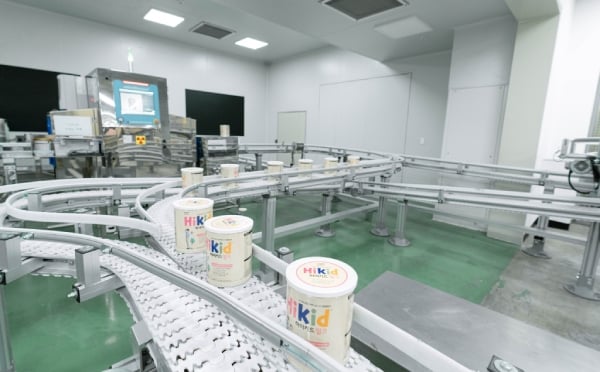The human brain is about 75% water and takes about 25 years to complete development.
The human brain is one of the most important organs in the body, helping us think, reason, remember, and learn new things.
The brain never stops working
While we sleep, our brains are still "busy" working and using a lot of energy. At this time, the brain processes and organizes the experiences of the day, forming long-term memories.
The brain is mostly water.
The human brain is about 75% water. People who are dehydrated are more likely to experience problems with concentration, memory, brain fog, headaches, difficulty sleeping, fatigue, and mood swings. Even mild dehydration can impact brain health and cognitive function.
The brain is fully developed at 25 years old.
According to the University of Rochester Medical Center, it takes up to 25 years for our brains to complete development. Therefore, the brains of adults and teenagers work differently.
Adults think with the prefrontal cortex, the rational part of the brain that helps them respond to situations with judgment and awareness. Teens process information with the amygdala, the emotional part of the brain.

The brain helps us think, remember and learn new things. Photo: Freepik
The brain has no sense of pain.
The brain is the organ that detects and interprets pain, but it does not have pain receptors of its own. Surgeons can operate on the brain while the patient is awake. However, there are pain receptors in the scalp and the covering around the skull, so a hard blow to the head can cause pain.
The brain contains a lot of fat.
About 60% of the brain is made up of fat. This is why a diet rich in healthy fats like omega-3 and omega-6 is so important for brain and body health.
According to scientists, fat helps stabilize cell walls in the brain and transport, absorb, and store vitamins. It also has anti-inflammatory effects and helps the immune system regulate and function normally.
Drivers have good memory
A 2011 study of 79 trainee taxi drivers and 31 male controls by University College London, UK, found that the taxi drivers had larger hippocampi than the average person. The hippocampus is an important structure in the brain that improves memory.
Scientists explain that the process of learning to navigate complex streets changes the driver’s brain. Drivers also use their brains to remember space, which can trigger changes in the hippocampus and influence the rate of neurogenesis in the hippocampus.
However, this group had poor learning and memory abilities with some types of new visual information, and slow recall of complex figures.
The brain generates electricity
When we think, feel, or move, neurons in the brain fire electrical charges that travel along their long axons, at speeds of 250 miles per hour.
According to Associate Professor of Bioengineering Kwabena Boahen, Stanford University, USA, the human brain needs at least 10 megawatts (MW) of electricity to function normally. This energy can light up a small light bulb.
Huyen My (According to Insider, The Healthy )
| Readers ask questions about neurological diseases here for doctors to answer |
Source link


![[Photo] Warm meeting between the two First Ladies of the Prime Ministers of Vietnam and Ethiopia with visually impaired students of Nguyen Dinh Chieu School](https://vstatic.vietnam.vn/vietnam/resource/IMAGE/2025/4/17/b1a43ba73eb94fea89034e458154f7ae)
![[Photo] Hundred-year-old pine trees – an attractive destination for tourists in Gia Lai](https://vstatic.vietnam.vn/vietnam/resource/IMAGE/2025/4/17/25a0b7b629294f3f89350e263863d6a3)
![[Photo] President Luong Cuong receives UN Deputy Secretary General Amina J.Mohammed](https://vstatic.vietnam.vn/vietnam/resource/IMAGE/2025/4/17/72781800ee294eeb8df59db53e80159f)
![[Photo] President Luong Cuong receives Lao Prime Minister Sonexay Siphandone](https://vstatic.vietnam.vn/vietnam/resource/IMAGE/2025/4/17/337e313bae4b4961890fdf834d3fcdd5)
![[Photo] Prime Minister Pham Minh Chinh and Ethiopian Prime Minister visit Tran Quoc Pagoda](https://vstatic.vietnam.vn/vietnam/resource/IMAGE/2025/4/17/18ba6e1e73f94a618f5b5e9c1bd364a8)
![[Photo] President Luong Cuong receives Kenyan Defense Minister Soipan Tuya](https://vstatic.vietnam.vn/vietnam/resource/IMAGE/2025/4/17/0e7a5185e8144d73af91e67e03567f41)


















































![[Video] Viettel officially puts into operation the largest submarine optical cable line in Vietnam](https://vstatic.vietnam.vn/vietnam/resource/IMAGE/2025/4/17/f19008c6010c4a538cc422cb791ca0a1)









































Comment (0)